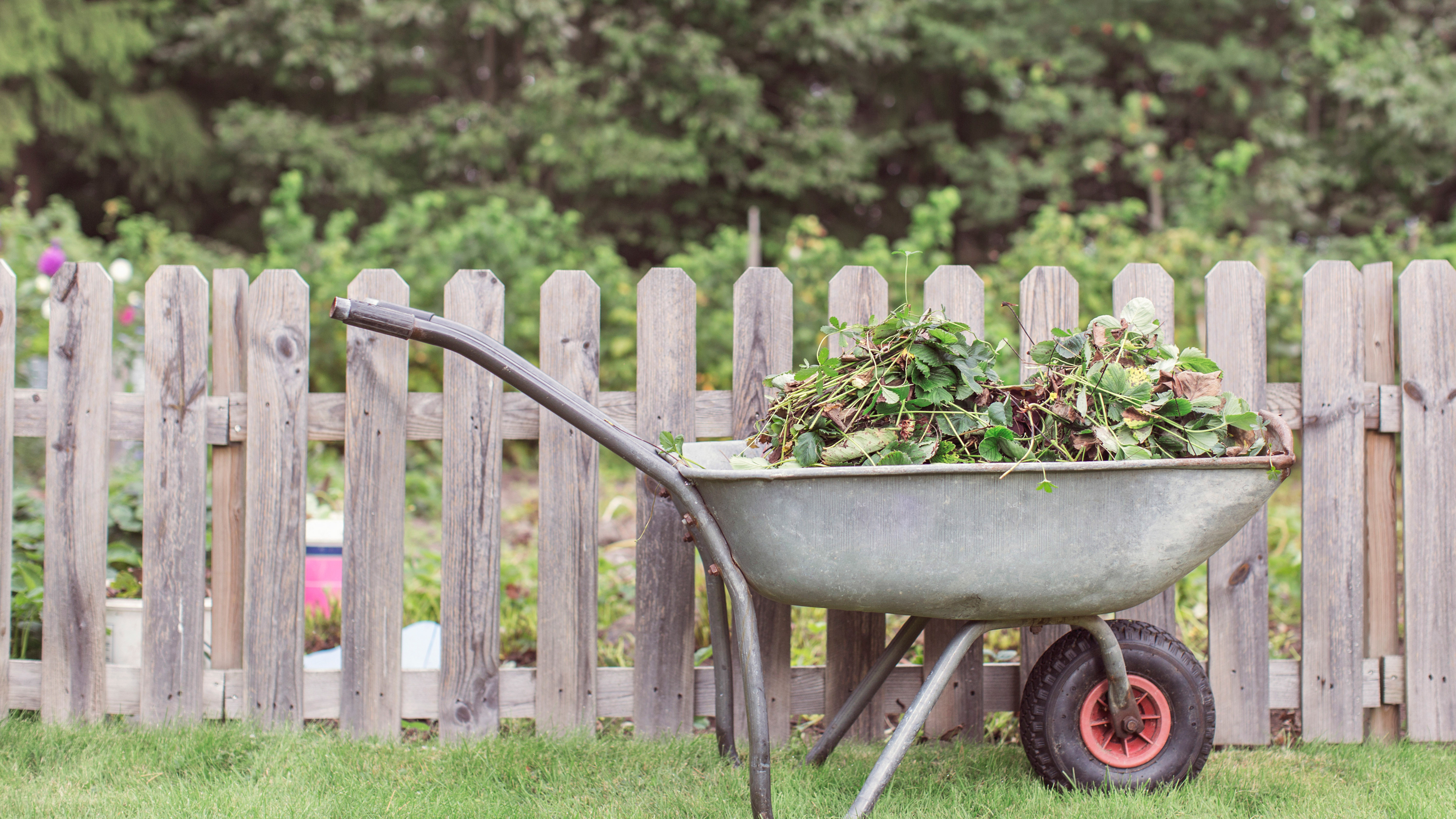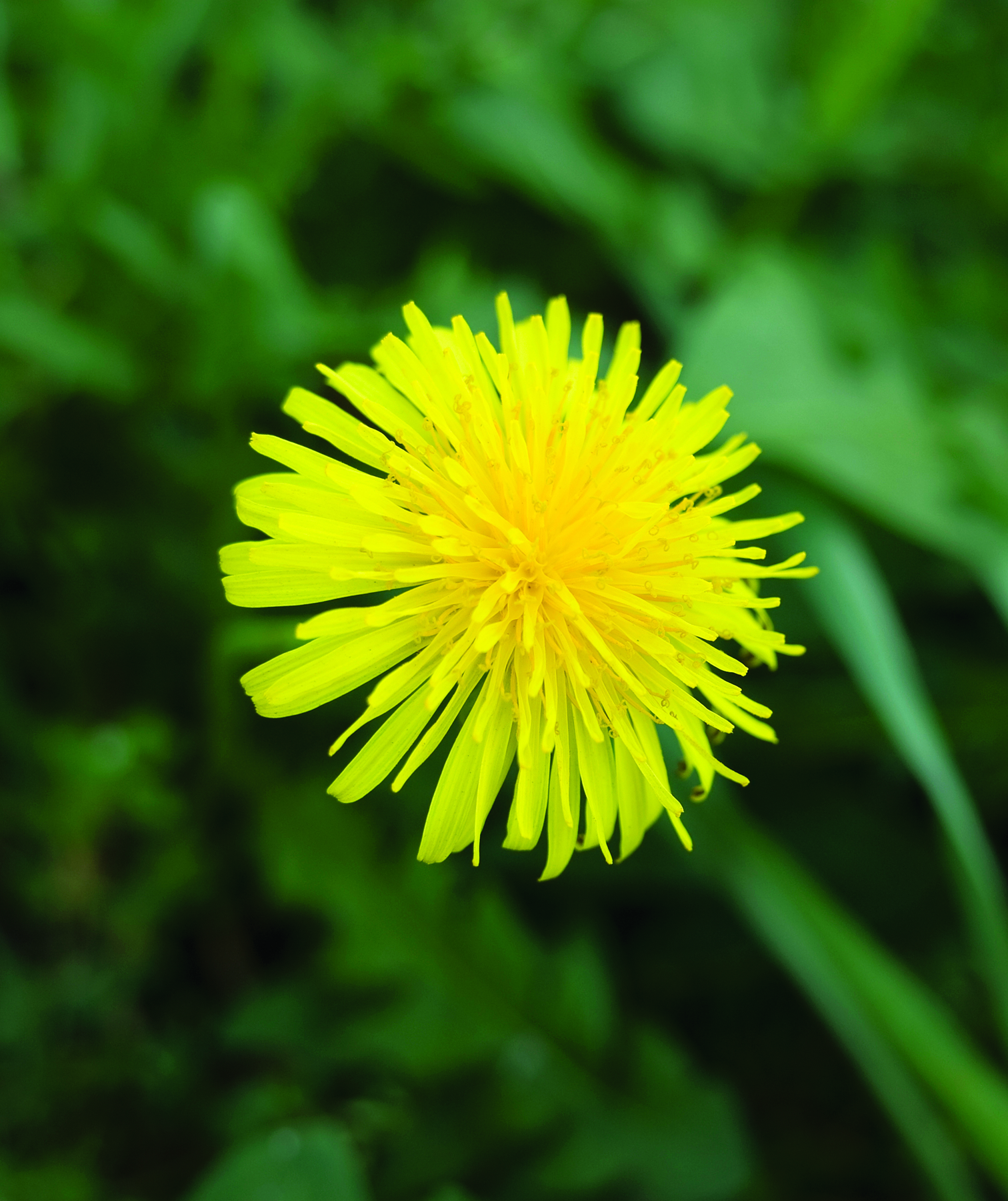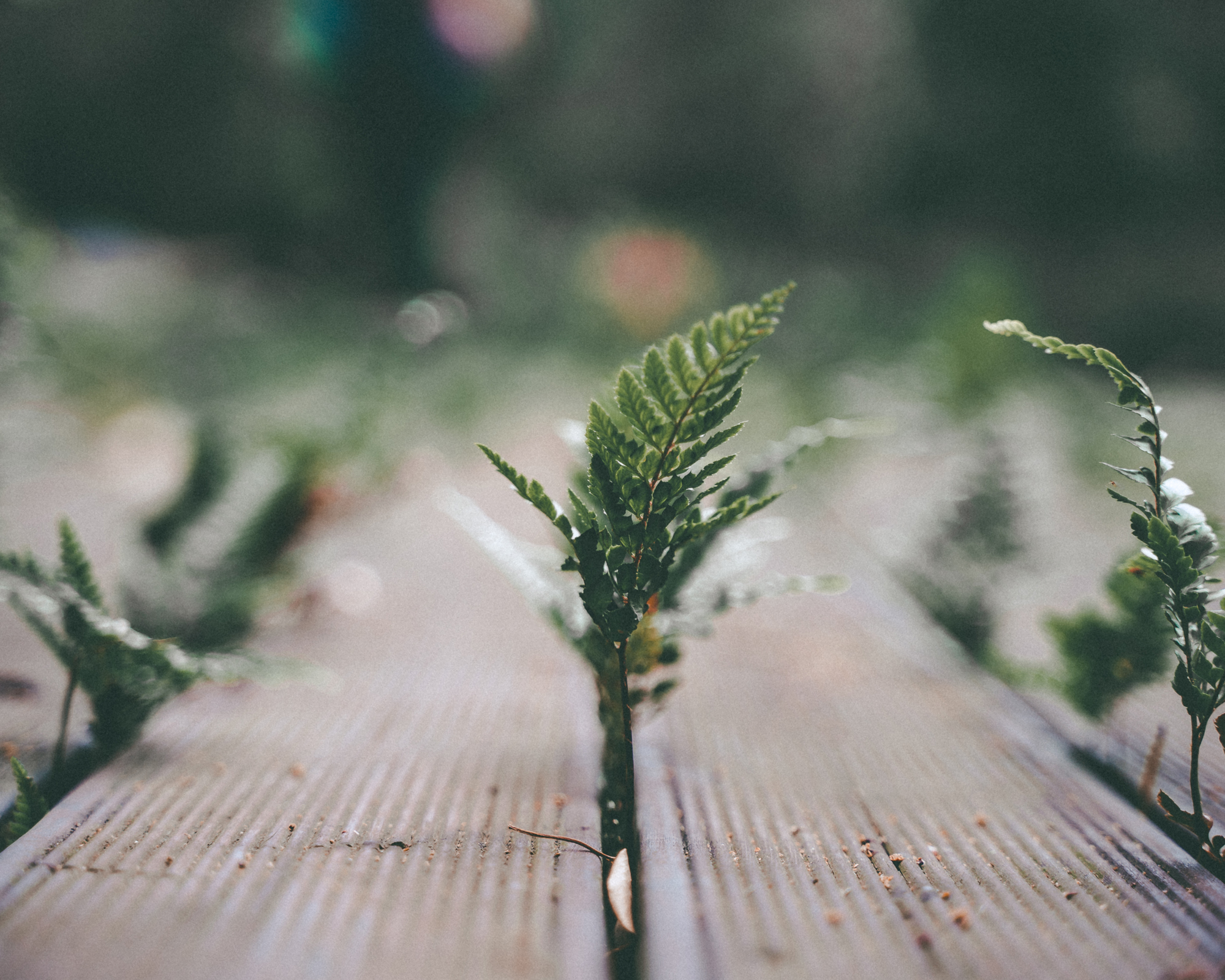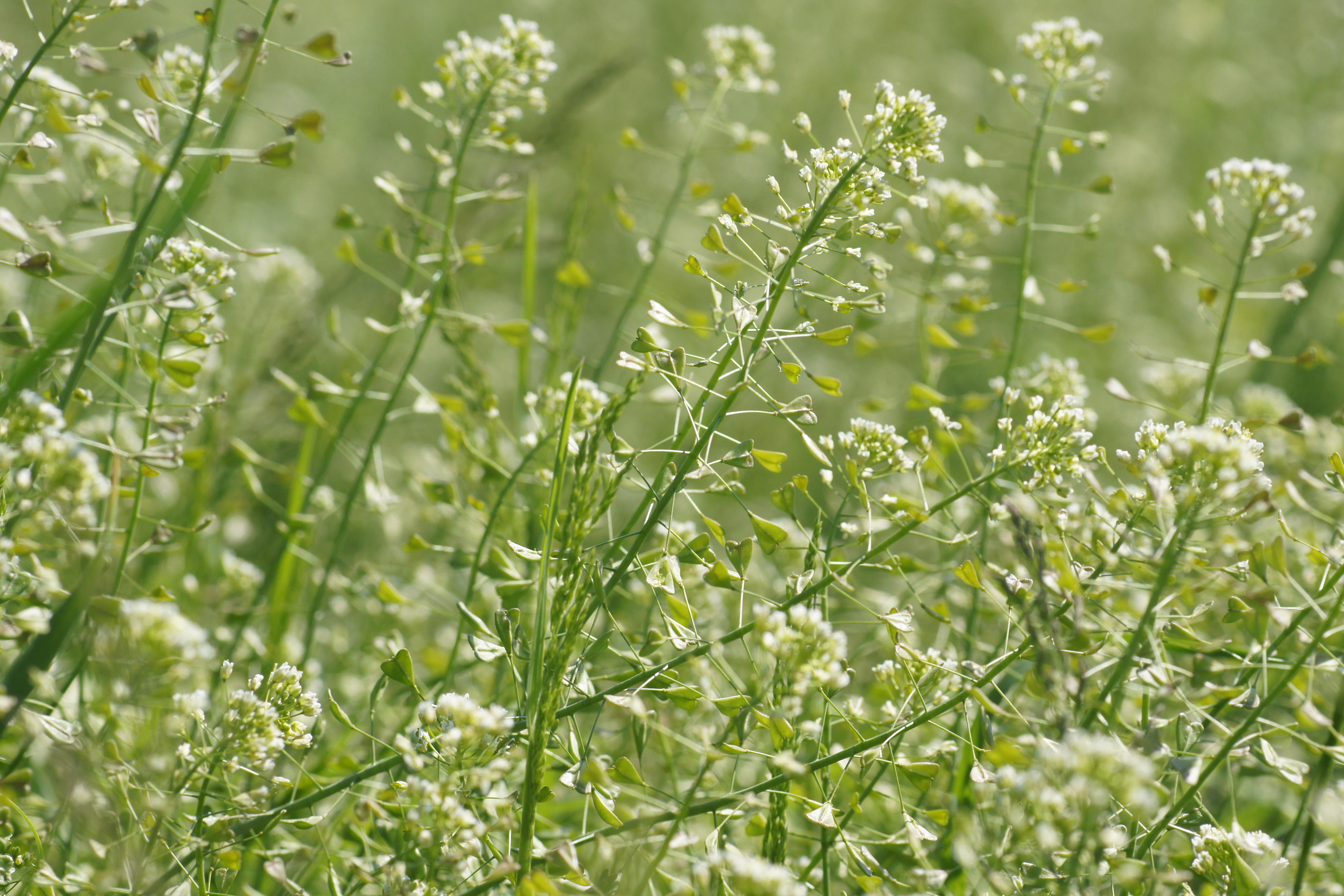Does killing weeds with salt really work? Here's how to get the most out of this natural weeding method
Killing weeds with salt is often promoted as an alternative to the use of herbicides, but is it really effective? We investigate

Killing weeds with salt: effective natural weeding method or a gimmick? Using a salt spray is often mentioned as part of learning how to weed a garden naturally, without the use of harmful herbicides.
It's also presented as a less labor-intensive way to do your weeding in comparison with traditional pulling, which can be hard work, especially in a larger garden. But does salt actually work as a homemade weed killer and, if so, how do you use it?
Is killing weeds with salt effective?

The answer is 'yes', to the point where this method must be used with great caution in the garden. Using salt to kill weeds really does work and could be an option if you're on the lookout for the best weed killer. A saline solution sprayed directly onto a plant kills it by dehydrating it, disrupting the internal water balance of plant cells. You don't actually even need to use a spray bottle – sprinkling salt directly onto a plant will be equally effective, you'll just need to wait for rain. Having said that, if there's too much rain straight after application, the method might not work because all the salt will be washed off. This is why people prefer using a solution of salt and water and apply it during dry weather.
This method is especially effective for your weed control tips and tricks when used on weeds that grow in the cracks between patio pavers or other small spaces. You will need to be patient and wait at least 10 days to see results. You also may want to think twice before using this method anywhere that's not your patio or deck – here's why.
When not to use salt for weeding

Here's where killing weeds with salt gets a little more controversial, and every gardener contemplating this method needs to know the downsides of using salt. The most important thing to understand is that salt does not degrade in soil, but rather is washed away to a different location by rainwater over time. If enough salt penetrates into your garden soil, the soil could become sterilized and unsuitable for growing anything for years.
As Larry Hodgson write in his Laidback Gardener blog, 'salting any type of planting will kill plants for months, years, even decades: a sort of scorched earth policy for plants of all sorts, leaving the ground absolutely barren for ages.'
For this reason, salt is not suitable for use on lawns or any large-scale areas, as you risk turning your garden into a wasteland. Only use the salt method for targeting individual weeds, preferably ones that are surrounded by your paving ideas and not other plants.
You can learn how to make homemade weed killer that's safer than just using salt in our guide.
What salt should I use to kill weeds?

Common table salt, although some people report good results with sea salt, too. You want salt that has a high sodium chloride profile – not all types of salt do. Don't waste fancy salts like Epsom salts on weeding, because they have a different, magnesium-based chemical composition that won't work. The cheapest really is best here.
Anna writes about interior design and gardening. Her work has appeared in Homes & Gardens, Livingetc, and many other publications. She is an experienced outdoor and indoor gardener and has a passion for growing roses and Japanese maples in her outside space.
